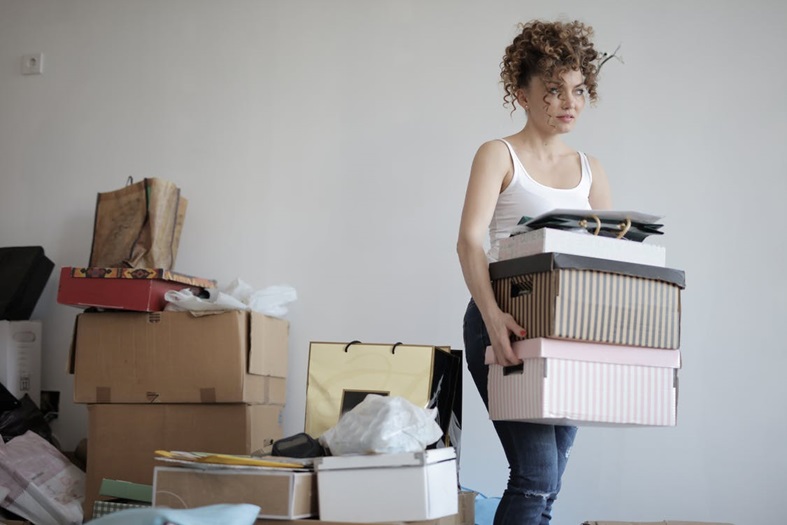UK Home Ownership Is Falling in the Young Adult Category
The decline in the rates of homeownership among young adults in the UK is starting to become a concern. The issue is so concerning that it is becoming a political one. Philip Hammond, the Chancellor of the Exchequer, noted in 2017 that young people should be very concerned about their prospects, especially in the housing and property markets. He also noted that houses are getting too expensive for many young people, which makes it harder for them to save for a deposit. The consequence is that those who can save for the deposit buy houses and those who do not keep renting until they can do so, which reduces ownership rates among young adults.

The Raw Numbers
Different research papers have concluded that young people are less likely to own homes than those who are 5 or 10 years older than them. Those born in the early 1980s have an average homeownership rate of 33%, which is significantly higher than the 25% rate of those born in the late 1980s.
It is also sad to note that between 1995 and 1996, 65% of people aged 25 to 34 and earning 40-60% of the national average salary owned a home. That figure fell to 27% just 20 years later.
The Reason for This Decline
One of the biggest reasons for this decline is a disparity between the increase in home prices and salaries. People born in the early 1980s had an average household wealth of £27,000 per person by the time they reached their mid-30s. This includes salaries, property, and other sources of wealth. That is half the wealth of those born in the 1970s (£53,000) at the same age. Compare that to mean house prices that went up by 152% between 2015 and 1996 and one can start to see why homeownership among young adults keeps falling.
Home Ownership Among Different Classes
Research from the Institute for Fiscal Studies shows that homeownership is also being determined by class. The research found that young adults from wealthier backgrounds and families had a higher chance of owning homes than those from middle or low-income families.
From 2014 to 2017, the research estimates that just about 30% of young adults aged 25 to 34 whose parents worked in lower-income jobs owned a home. On the other hand, 43% of young adults with parents working higher-income or higher-skilled jobs owned a home.
This study not only shows the disparities in homeownership according to class, but it also reveals a divide between the wealthy and the poor. It also shows a clear drop in homeownership among those on middle incomes with those earning higher not affected by what is going on.
Government Interventions
Phillip Hammond has already prioritised homeownership among young people. One of the measures the government has put in place is removing stamp duty for people buying their first home. This benefits first-time homebuyers, as well as companies like Deacon, who provide property insurance to home and property owners. Although done in good faith, this move will likely cause an increase in the demand for houses, which will push house prices up, benefit the wealthy, and defeat the purpose of those measures.
Young people are having a harder time buying homes than those older than they did at the same age. There are a lot of reasons for this, but one of the widely cited reasons is the increase in home and property values at rates that income levels have not kept up with.

Comments are closed.